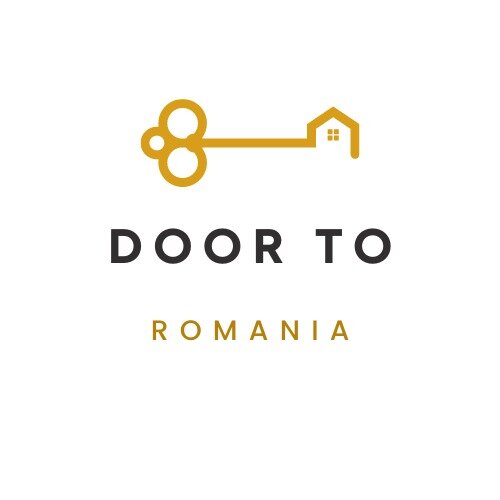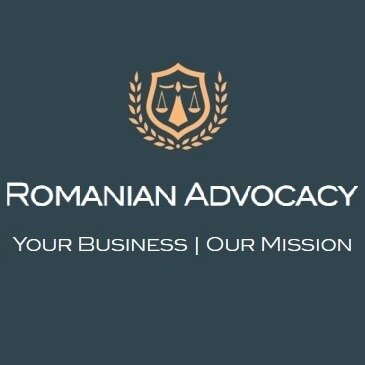Best Asylum Lawyers in Romania
Share your needs with us, get contacted by law firms.
Free. Takes 2 min.
Or refine your search by selecting a city:
List of the best lawyers in Romania
About Asylum Law in Romania
Asylum law in Romania is primarily governed by international conventions, European Union regulations, and national legislation. As a member of the European Union, Romania adheres to the Common European Asylum System (CEAS) standards, which aim to provide high and consistent protection standards for asylum seekers. The national legislative framework is mainly outlined in the Law on Asylum in Romania (Law No. 122/2006), which defines the rights, obligations, and procedures related to the asylum-seeking process. Romania recognizes the need to protect individuals fleeing persecution, with asylum granted to those meeting the criteria for refugee status or subsidiary protection.
Why You May Need a Lawyer
Seeking asylum in any country can be a complex and daunting process, and Romania is no exception. Here are common situations where legal assistance may be crucial:
- Navigating legal complexities: Understanding the asylum application process and requirements can be challenging without legal guidance.
- Preparation of documentation: Gathering and presenting necessary documents to support an asylum claim is vital for success.
- Handling denials: If your application is initially rejected, a lawyer can help with appeals and further legal actions.
- Ensuring rights are respected: Legal representation can help ensure that your rights are upheld throughout the asylum process.
- Addressing language barriers: Lawyers can provide interpretation services and better communication with authorities.
Local Laws Overview
The Romanian asylum system is designed to identify and grant protection to individuals who require it, while maintaining the country's security and legal frameworks. Key aspects include:
- Application Process: Asylum seekers must apply at designated locations, such as border areas or the General Inspectorate for Immigration.
- Types of Protection: Romania offers refugee status and subsidiary protection. Refugee status is granted under the 1951 Refugee Convention, while subsidiary protection is for those facing significant risks in their home countries.
- Rights of Asylum Seekers: Applicants have rights to housing, healthcare, education, and legal assistance while their application is being processed.
- Non-refoulement Policy: Romania adheres strictly to the principle of non-refoulement, ensuring individuals are not returned to places where they face threats.
Frequently Asked Questions
What is the first step in seeking asylum in Romania?
You must express your intention to seek asylum upon entering Romania or at designated locations such as border points or immigration offices.
How long does the asylum process take in Romania?
The duration varies, but a preliminary decision is typically reached within 30 days. Appeals and additional reviews may extend this timeline.
Can I work while my asylum application is processed?
Asylum seekers may obtain a work permit six months after submitting their application if their case is still pending.
What happens if my asylum application is denied?
You can appeal the decision in court. Legal assistance is crucial for navigating the appeals process.
Are legal assistance and representation available for free?
Yes, asylum seekers have the right to free legal aid and representation, provided by the state or NGOs.
Can family members join me if I am granted asylum?
Family reunification is possible under Romanian asylum law, allowing immediate family members to join you.
Do I need to speak Romanian for my asylum interview?
No, interpreters are provided for asylum seekers who do not speak Romanian.
What should I do if I fear persecution by my own government?
Seek asylum as soon as possible after arriving in Romania and gather evidence that supports your claim of persecution.
How is my personal information protected during the asylum process?
Your data is treated with confidentiality, and authorities are required to protect your privacy throughout the process.
What is subsidiary protection?
Subsidiary protection is granted to individuals who do not qualify as refugees but face real risk of serious harm in their home country.
Additional Resources
For those seeking further information or assistance, the following resources may be helpful:
- General Inspectorate for Immigration
- Romanian National Council for Refugees (CNRR)
- United Nations High Commissioner for Refugees (UNHCR) in Romania
- International Organization for Migration (IOM)
- Local NGOs specializing in refugee and asylum-seeker support
Next Steps
If you require legal assistance for your asylum claim in Romania, consider the following steps:
- Contact a legal aid organization or a lawyer specializing in asylum law.
- Collect all relevant personal documents and evidence supporting your claim.
- Ensure you understand your rights and obligations under Romanian law with the help of legal counsel.
- Stay informed about your case status and comply with all procedural requirements.
- Attend all interviews and hearings related to your asylum application.
Lawzana helps you find the best lawyers and law firms in Romania through a curated and pre-screened list of qualified legal professionals. Our platform offers rankings and detailed profiles of attorneys and law firms, allowing you to compare based on practice areas, including Asylum, experience, and client feedback.
Each profile includes a description of the firm's areas of practice, client reviews, team members and partners, year of establishment, spoken languages, office locations, contact information, social media presence, and any published articles or resources. Most firms on our platform speak English and are experienced in both local and international legal matters.
Get a quote from top-rated law firms in Romania — quickly, securely, and without unnecessary hassle.
Disclaimer:
The information provided on this page is for general informational purposes only and does not constitute legal advice. While we strive to ensure the accuracy and relevance of the content, legal information may change over time, and interpretations of the law can vary. You should always consult with a qualified legal professional for advice specific to your situation.
We disclaim all liability for actions taken or not taken based on the content of this page. If you believe any information is incorrect or outdated, please contact us, and we will review and update it where appropriate.
Browse asylum law firms by city in Romania
Refine your search by selecting a city.














